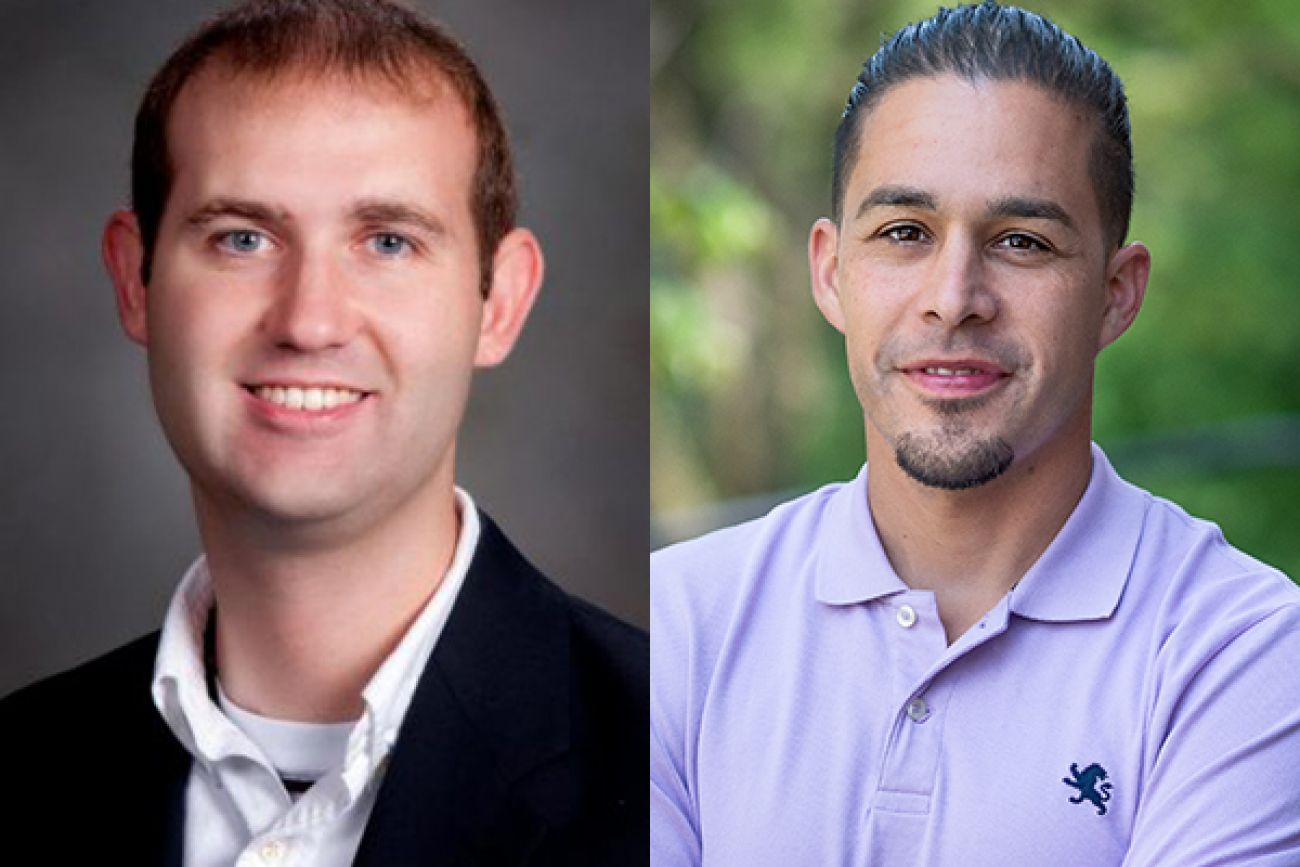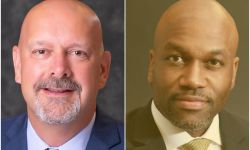Opinion | Colleges must consider the inequities of reopening campuses in the fall
Increases in coronavirus infections have resulted in rapid and drastic administrative changes across college campuses in attempts to avoid outbreaks.

For example, universities have changed semester start and end dates to avoid transmission between students and their home communities. And while nearly 65 percent of institutions say they will reopen for in-person classes, many are exploring hybrid semesters with classes offered online and in-person. Some, such as the California State University System and some graduate programming at Harvard, have moved Fall coursework entirely online.
In addition to these changes, we’re already witnessing how fast the virus can spread around universities through the bar scenes and Greek life; a troubling predicament to face without question.
While these changes to the university set up are designed to mitigate disease spread, have administrators adequately considered their impacts on less privileged students?
Most students want to return to campuses with normal operations in the Fall, and if this is not possible, they may defer their enrollment for a semester or longer until that occurs. In the spring semester, we witnessed racial disparities in who took leaves of absence from classes when COVID-19 hit the US. Black and Latino students were more likely to take leaves of absence from their courses last semester, a first step in possibly withdrawing, not re-enrolling next semester, or dropping out of college altogether.
Some people are suggesting students take “gap years” during the pandemic. However, for many students, delaying enrollment will mean not pursuing a four-year degree at all down the road. Suggesting students take a gap year to avoid the health risk and other negative experiences of attending college during the pandemic further privileges wealthy, mostly white students, who are most likely to earn a college degree anyway because of the resources supporting them.
Campuses are not immune to the spread of COVID-19 even with the promise of testing and tracing programs, among other approaches, to limit such spread. This is another dangerous layer of challenges for students who are already facing an uphill battle to earn a college degree.
The continuing barriers facing students of color, particularly Black and Latino students, coupled with many universities’ desires to physically reopen campuses, will increase the vulnerability of community members already more susceptible to being infected by COVID-19 because of growing social inequalities including an unequal U.S. healthcare system.
Considering students who are low-income and first-generation as well highlights that attending college is a necessity in more ways than one regardless of the pandemic. The incoming president of Hollins University, Mary Dana Hinton, recently said, “As a first-generation college student, I had one shot to get an education. I do think that some of our students, who understand what is at stake for them, will do anything to be on campus... college is a big opportunity for them, and they don’t want to risk that opportunity.”
Not risking the opportunity to attend college merges with the reality that possibly being forced to attend college from home to avoid the spread of COVID-19, as some universities are planning, layers on additional challenges for many students. The surge in unemployment in recent months means families are facing deepening housing and food insecurity.
Nearly 40 percent of college students were food insecure and almost 50 percent were housing insecure before COVID-19 hit the U.S., and these inequalities have only grown for students since the spring. Reliable technology and internet access is an issue for many students as well. Students of color and low-income students are more likely to face all of these issues this coming academic year.
Bringing students back to campus means increasing existing inequalities because many of our students simply cannot afford to wait out the pandemic, while haphazardly moving students online without additional support will also amplify inequalities.
As the summer quickly turns to fall, universities must confront how systemic inequities will impact both the education and health of students as the pandemic persists, not one or the other. Providing equitable educational opportunities in the coming academic year means more than considering how to limit the spread of COVID-19 on college campuses. COVID-19 is a threat to marginalized communities because systemic inequity was sown into the grounds around us. These grounds include our campuses.
See what new members are saying about why they donated to Bridge Michigan:
- “In order for this information to be accurate and unbiased it must be underwritten by its readers, not by special interests.” - Larry S.
- “Not many other media sources report on the topics Bridge does.” - Susan B.
- “Your journalism is outstanding and rare these days.” - Mark S.
If you want to ensure the future of nonpartisan, nonprofit Michigan journalism, please become a member today. You, too, will be asked why you donated and maybe we'll feature your quote next time!




